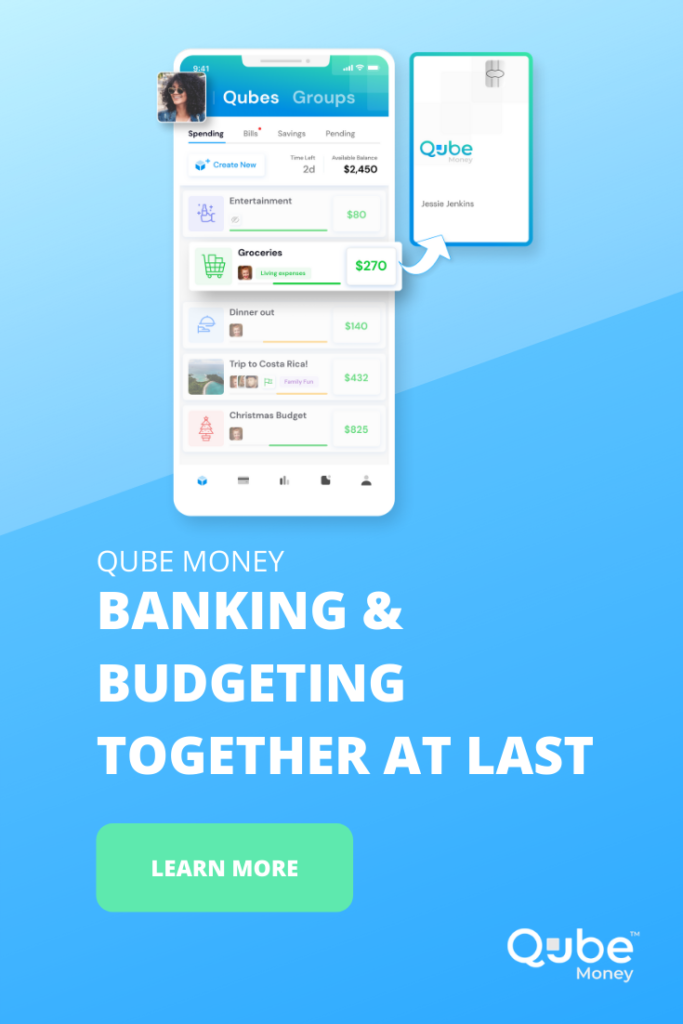Have you ever wanted to change something about your life? Eliminate a bad habit or start a good one? Lets say that I decide I want to drink more water. I do a ton of research into why hydration is important and how much water I should be drinking every day. Does that automatically make drinking that extra cup of water a habit that I can follow through on every day without thinking? Probably not.
Education is inarguably important when it comes to making changes in your behavior, but most of the time, education on its own is not enough to make those changes lasting or effective.
CHANGING HABITS
In his book Atomic Habits, author James Clear explains that our lives are made up of tons of tiny habits. The things we do reflexivly that are either helpful or harmful to the people we wish to be. Eliminating bad habits and creating good ones are key to making lasting, meaningful change in our lives.
But how do we do that? Just knowing that we should do something, like drink more water or spend less money doesn’t make the actual doing of that thing easy.
Clear explains his Four Laws of Behavior Change, a simple, step by step framework for creating good habits:
Make it obvious.
Make it attractive.
Make it easy.
Make it satisfying.
These are simple yet specific criteria that you can use to help you make a habit that has a higher probability of lasting success.
Change requires action. Just learning all the reasons why drinking more water is important isn’t going to do you any good unless you actually start drinking more water than you were before. You also have to maintain the change. Make drinking more water a habit that you can continue long term and make a permanent part of your lifestyle.
CHANGING BEHAVIOR IN FINANCES
One area where people are often looking to make lasting, meaningful change and build better habits is in financial management. Spending less, saving more, or following a budget are all changes that can increase an individual’s or family’s financial wellbeing. But just like drinking more water, education alone is not enough to make effective, lasting change.
Methods like cash stuffing are systems that have been developed and tried by others and proven to be helpful in forming habits and making change. These resources can be helpful in starting to make these changes because you aren’t trying to come up with ways to change your behavior from scratch.
Here are some simple steps on how Qube Money can help change your spending behavior:
- Identify common areas you feel like you spend too much money like eating out, clothes, coffee, groceries, pets, decorations, etc.
- Use Qube Money to allocate budgeted amounts of money to each of these areas.
- Only use your Qube Card to purchase these things.
- See how much money you save.
Now you have a system that will help you turn your spending goals into habits.
Changing behavior and creating habits can be a long and difficult process. It’s important to educate yourself in the different reasons and strategies for making that change in order to find what will work best for you, and then taking the action to make and maintain that change. And it might not totally work the first time around. Trial and error is a normal part of the change-making process, but with enough effort, patience, and tenacity, you can make the changes necessary to improve your life, financial or otherwise.
Ready to make a change with your budget? Sign up for Qube Money here!



![Everything You Need to Know About the Cash Envelope System [+ Sample Budget]](https://blog.qubemoney.com/wp-content/uploads/2020/01/1-20-20-the-cash-envelope-system-blog2-440x264.png)

